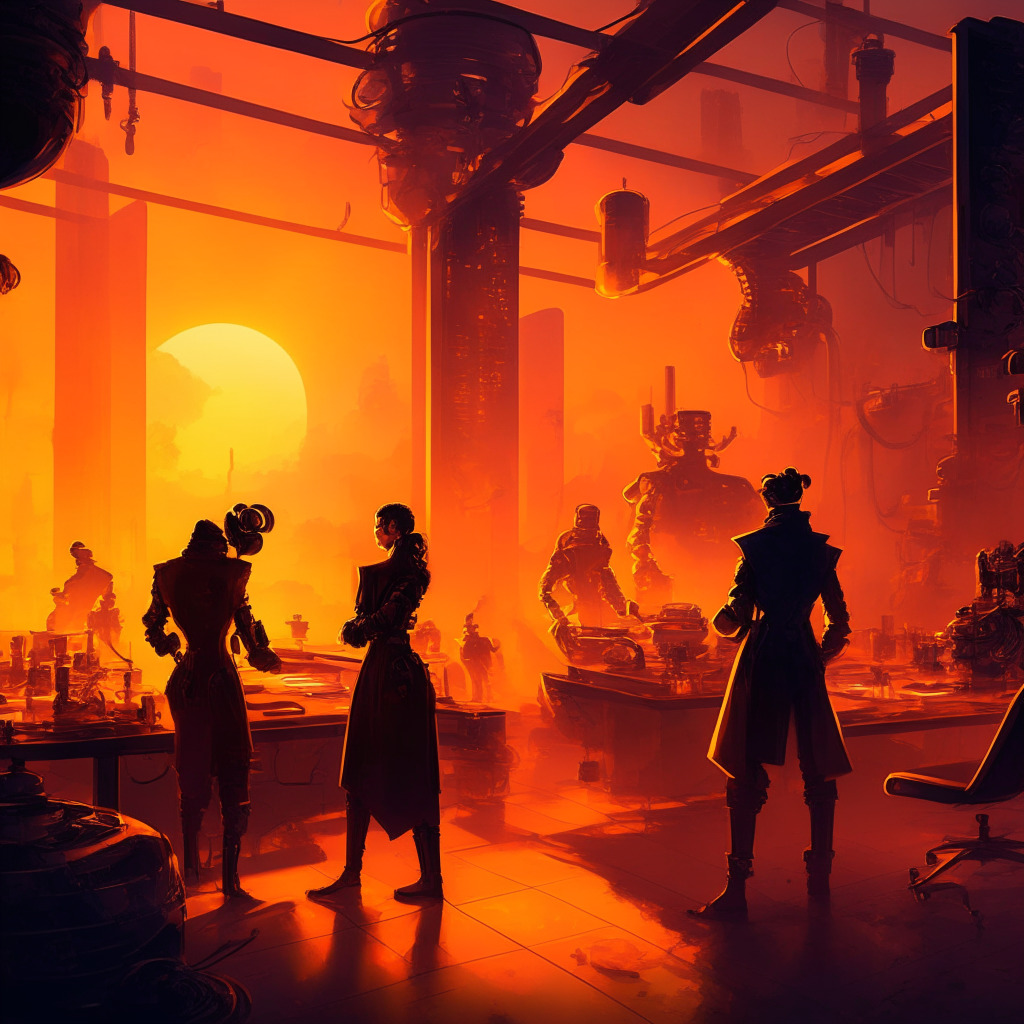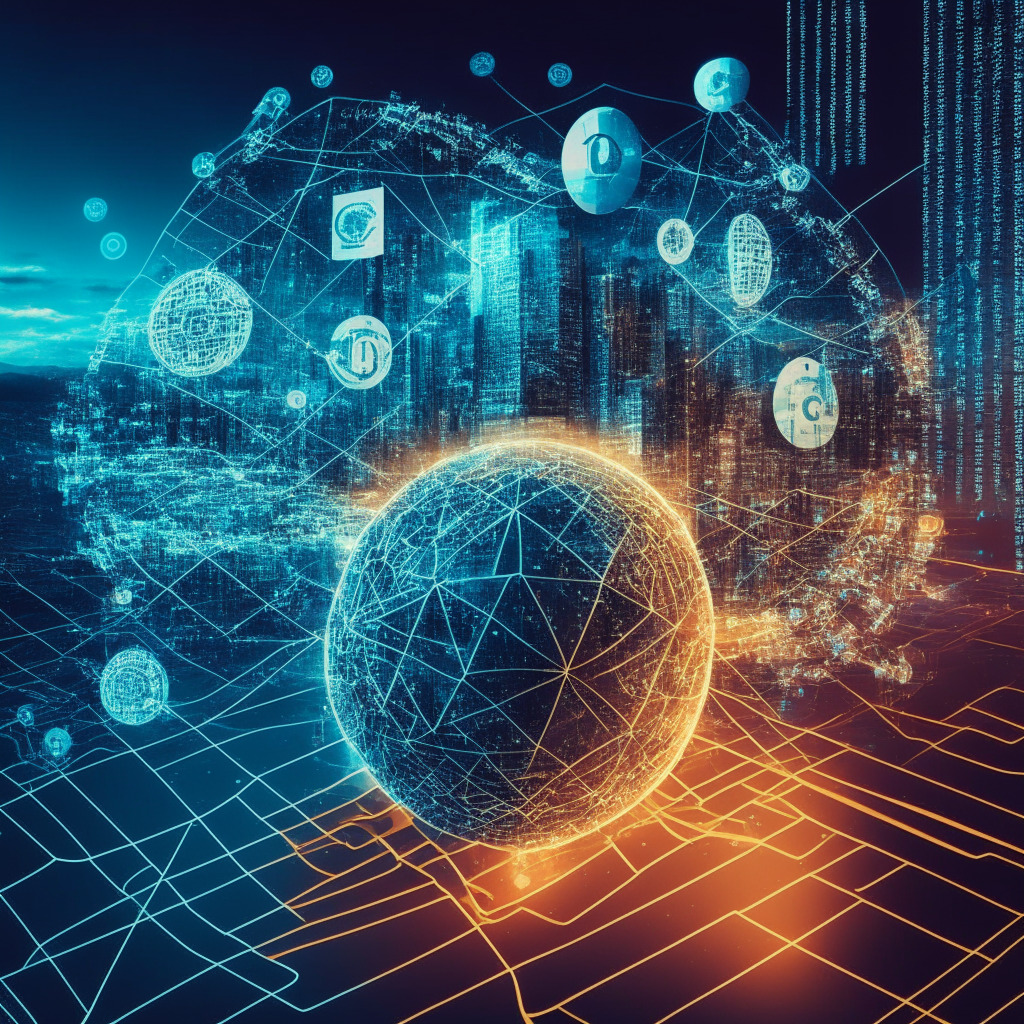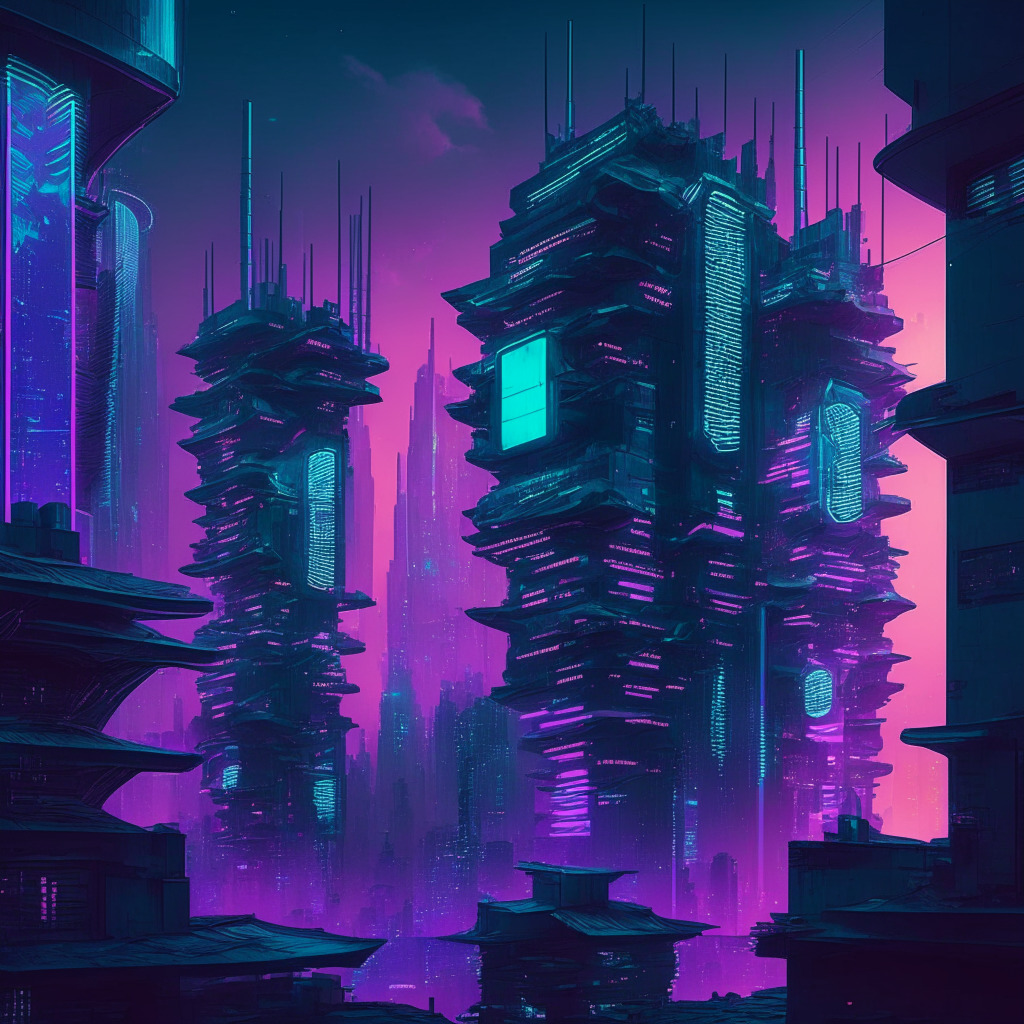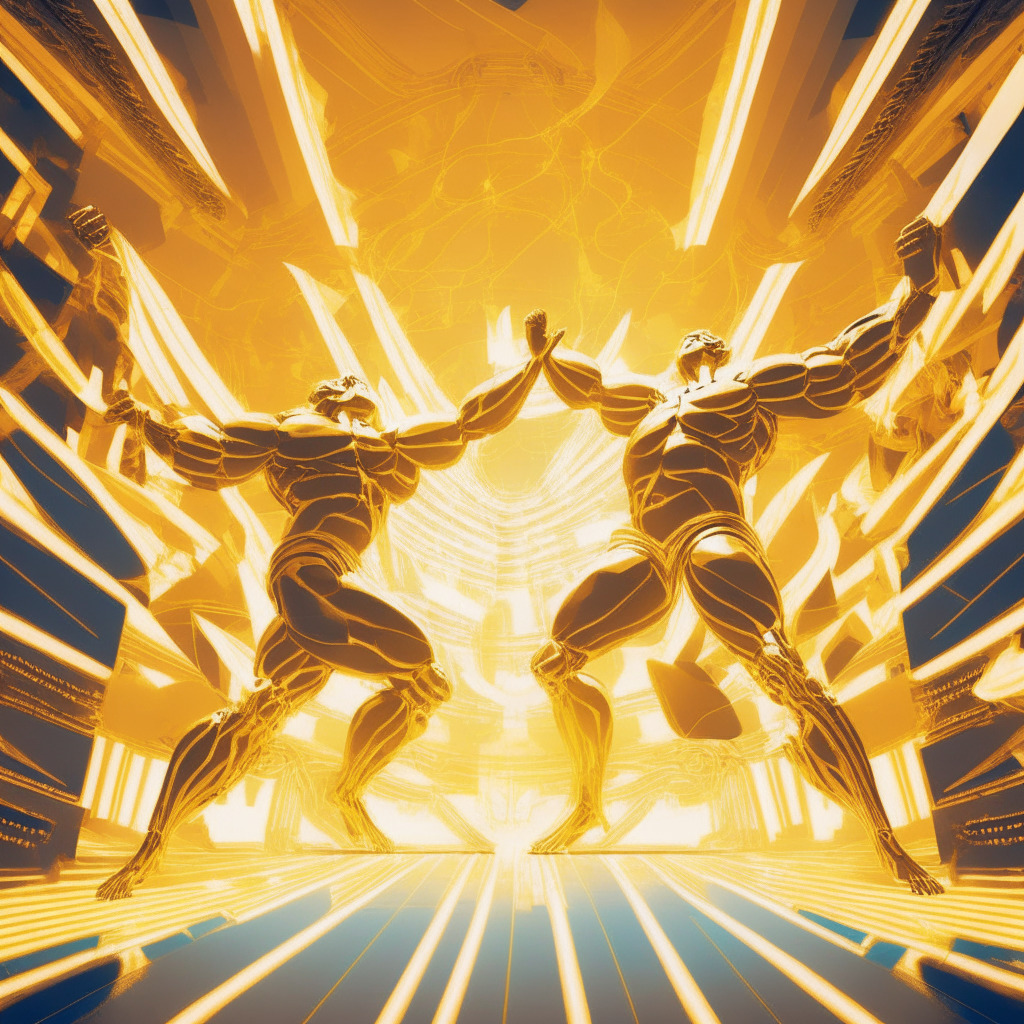An abundance of controversy has begun to swirl around Elon Musk‘s recent statements regarding his involvement in OpenAI, a company that strives to create safe artificial intelligence (AI) for all. According to Musk, he invested around $50 million into the project and played a significant role in its foundation and recruiting process. By collaborating with esteemed professionals like Ilya Sutskever, OpenAI has come a long way since 2015, ultimately launching its ChatGPT chatbot in 2022.
Yet, despite its open-source origins and the ideals of free redistribution and modification, OpenAI has recently come under fire for what seems to be a drift towards a closed-source, for-profit model. While Musk previously envisioned this company as a stark contrast to profit-driven ventures like Google’s DeepMind, recent developments have made it increasingly difficult to differentiate between the two.
Worries about the consequences of AI abound, with Musk citing his own lengthy discussions with Google co-founder Larry Page as evidence. Developing AI may have its advantages in terms of improving life quality and transitioning towards an age of abundance, but Musk warns that it may also harbor a small yet non-zero chance of “destroying humanity.”
Even more concerning for some is the growing financial relationship between OpenAI and tech giant Microsoft, which has invested $13 billion in the company since 2019. With rights to all of the software and everything necessary to run the inference system, Microsoft may have more control over OpenAI than the leadership team there realizes, even overshadowing the original open-source intentions of the project.
Musk’s concerns are not his alone, as other significant figures in the tech community have voiced their apprehensions about AI’s rapid development. In a futile effort to pause progress in this field, Musk joined forces with Apple co-founder Steve Wozniak and MIT physicist Max Tegmark, among others, to sign an open letter demanding a six-month moratorium on AI development following the release of OpenAI’s GPT-4.
As the battle between open-source ideals and for-profit, closed-source models ramp up within the AI development sphere, questions about the future direction of companies like OpenAI and the ultimate consequences of AI itself continue to circulate. Indeed, artificial intelligence may prove to be both a blessing and a curse, but only time will tell the extent to which each side prevails. For now, the need for caution, vigilance, and well-informed decision-making is as crucial as ever.
Source: Decrypt




